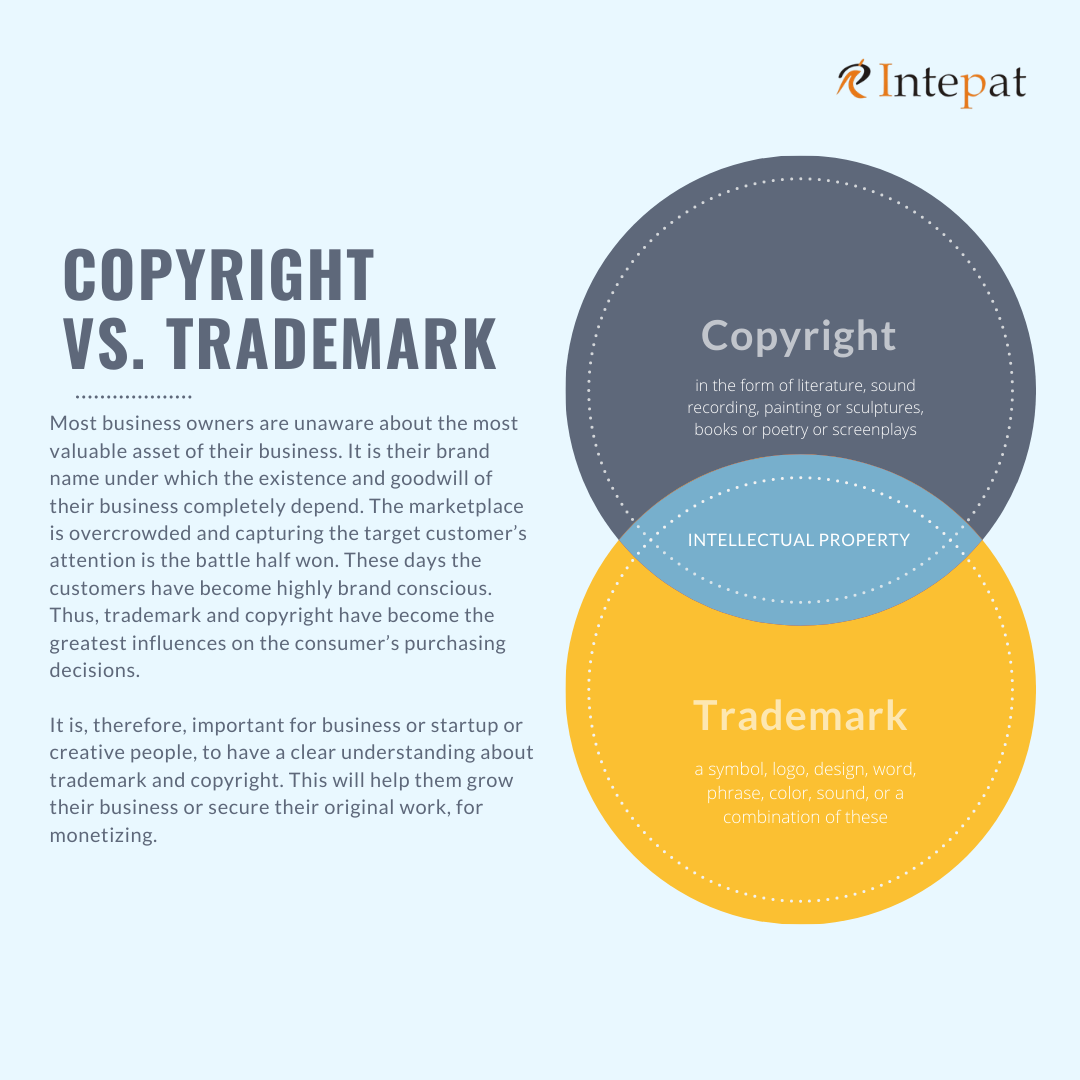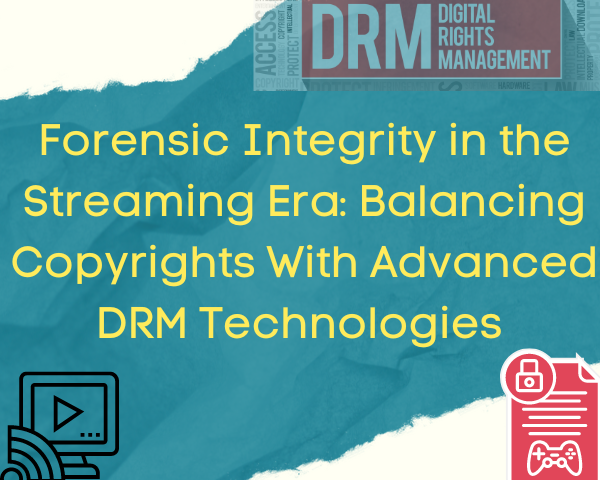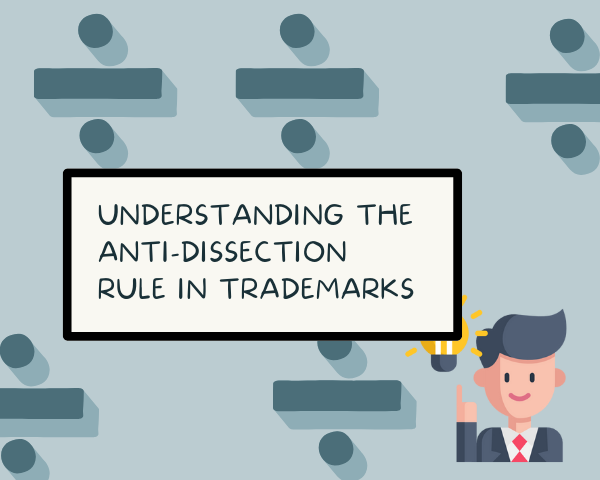Trademark Vs Copyright
Most business owners are unaware of the most valuable asset of their business. It is their brand name under which the existence and goodwill of their business depend entirely. The marketplace is overcrowded, and capturing the target customer’s attention is the battle half won. These days, customers have become highly brand-conscious; thus, trademarks and copyright have significantly influenced the consumer’s purchasing decisions.
Therefore, it is essential for businesses, startups, or creative people to have a clear understanding of trademarks and copyright. This will help them grow their business or secure their original work for monetizing.
Trademark:
A trademark is a symbol, logo, design, word, phrase, color, sound, or a combination of these used for trading goods or providing services. It indicates the source of goods or services and distinguishes them from the goods and services of others. It gives the exclusive rights to use a trademark about the product or service.
Copyright:
Copyright is also a tool to protect intellectual property, generally in the form of literature, sound recording, painting or sculptures, books or poetry or screenplays, etc.
It grants the exclusive right of a creator of the work to specifically copy, reproduce, or publish it for monetary gains. It doesn’t specifically require registration of the copyright.
Difference between Trademark and Copyright:
We can understand the difference between the trademark vs copyright based on the following differentiating points:
1. Target objects:
The trademark protects a trade name, company brand name, logo, tagline, slogan, or domain name, whereas copyright protects artistic, dramatic, and musical works.
2. Purpose:
The purpose of using the trademark is to retain the exclusivity of the mark for their products or services in the market. In contrast, copyrights grant exclusive rights to use and distribute.
3. Benefit:
The trademark prevents competitors from using similar marks or texts in their branding. The sole purpose here is the brand establishment and trust inculcation in customers. At the same time, copyright prohibits anyone other than the creator from reproducing or selling the copyrighted work online or offline.
4. Exclusivity:
A trademark gives exclusivity to not only the product or services but also a means to retain it. Comparatively, the work creator can use their copyright-protected work for financial gains.
5. Recognition:
Trademark gives a sense of belongingness about the product or services in the eyes of customers. The customers recognize the brand and can assume the service or product quality per the brand’s value. In contrast, copyright recognizes the original aspects of the work.
6. Duration of validity:
The trademark registration is valid for ten years and can be renewed to protect it from infringers. At the same time, the copyright is valid for a lifetime. For an individual owner, the term (time period) of copyright in India is the author’s lifetime plus 60 years. For a non-individual owner, the copyright may last up to 60 years from the publication date.
7. Symbol of Identification:
The trademarked product, logo, or service can use the ® sign after registration. In comparison, the symbol © is used to protect copyrighted original works. It doesn’t mandatorily require registration, but registration proves the originality.
8. Registration:
For using the ® trademark symbol, registration of the mark is mandatory but using the © symbol as a measure to add copyright protection doesn’t require registration, but registration proves the originality.
A copyright owner earns recognition from the originality of his work, which is further protected by the copyright, and the business builds its goodwill under a chosen trademark. As it is said, “half the battle is won in mind.” Therefore, these invaluable assets nurture the trust value of the customers. Thus a business person must seek the protection of these tools to secure the originality of their work or investment.
Read also: Difference between Copyrights, Trademarks and Patents




